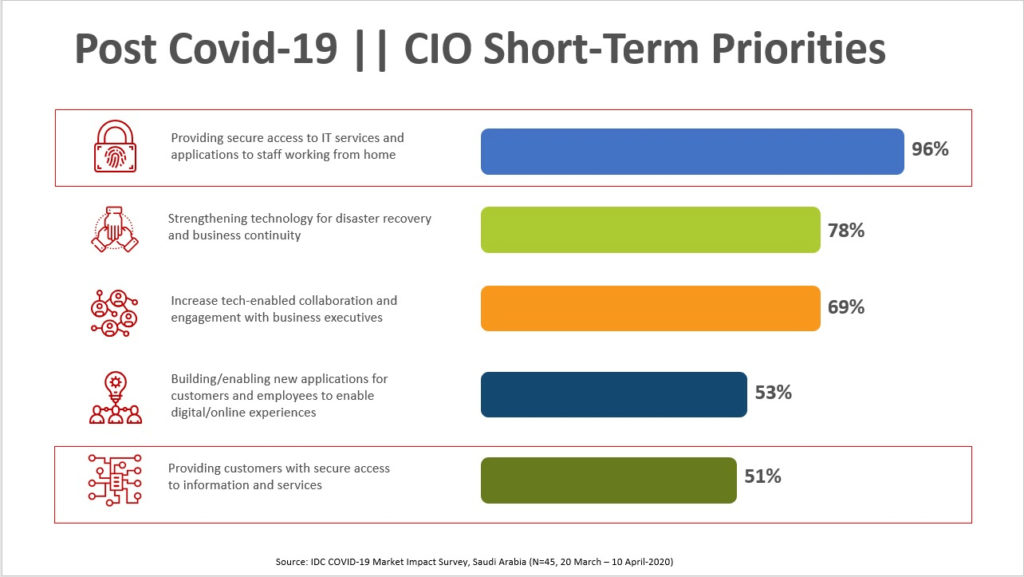Enterprises have been forced to adapt to a new state of "normal," shifting from traditional office-based operations to distributed environments that must still provide the same level of connectivity, security, and efficiency across the organization.

A recent IDC survey found that addressing connectivity across geographies and transforming networks to become more virtual and agile were among the top networking issues that enterprises must address to ensure a more efficient business and operational environment.
Connectivity is a strategic element in every organization's effort to maintain, sustain, and grow its operations.
It allows for scalable access anytime anywhere, creates pervasive digital experiences, enables real-time insights, and provides the foundation for business continuity and resiliency.
Achieving seamless connectivity with employees, customers, partners, and others will require additional investment, more strategic planning, and greater oversight.
When asked about their investment plans for network connectivity, more than 50% of respondents to the IDC survey indicated that they expect to increase spending on 5G connectivity, devices, and applications in the next 12 months.
A similar percentage expect to increase their spending on Wi-Fi 6 hardware, software, and services to bring increased speed, lower latency, and more efficient IoT functionality to large buildings, offices and campus environments.
IDC Future of Connectedness research director for Paul Hughes opined that the Future Enterprise is best served by adopting a Wireless First strategy for last-mile access and connectivity, embracing gigabit performance rates from 5G and Wi-Fi 6 that will enable organizations to stay connected and manage data just as effectively as over copper and fibre.
“These technologies also create and expand new opportunities for industries that depend on connected applications, IoT devices in the field, and management tools to ensure business continuity, resiliency, and safety," he concluded.




